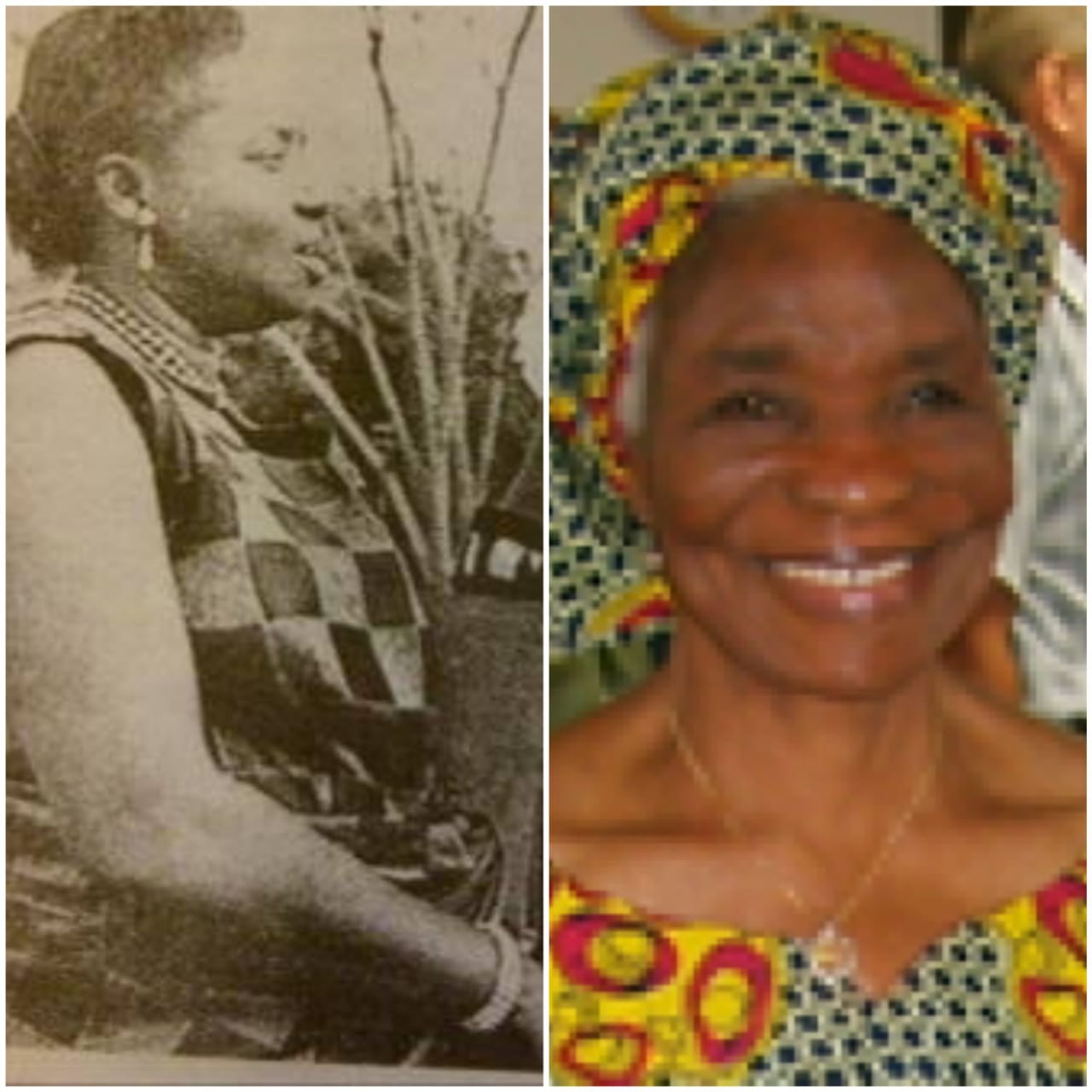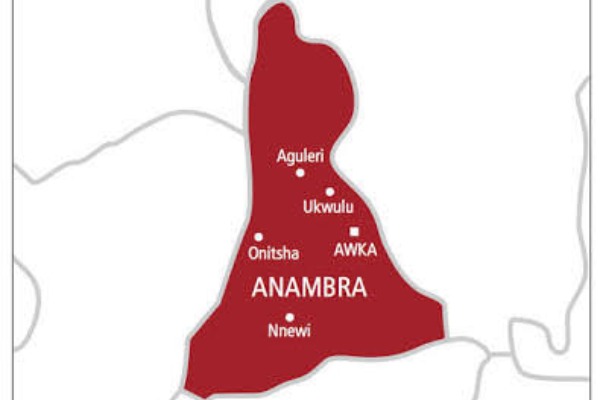These are women who started the fight for women involvement in politics in Anambra state and the later female politicians have taken up the mantle from them. At their time, they were dogged, intelligent and focused and made tremendous impact in the political development of the state. They should be celebrated because at their time, it was uncommon to see women politicians. ANAMBRA PEOPLE captured these women;
Oyibo Odinamadu: is an icon of politics, civil rights and the women’s movement. She made a name for herself as a leader of various women’s organizations and as a public servant in Nigeria. She was especially active in the founding of the National Council for Women Societies (NCWS) and was president of the Eastern Nigeria wing of the Council from 1958 until she joined active partisan politics in 1978. Odinamadu was the first female university graduate from the former Eastern Region of Nigeria, first Igbo woman to get a driving license and drive a car as well as the first indigenous principal of both Womens’ Training College Enugu and Queens School Enugu. She was the first national vice president of the Unity Party of Nigeria (UPN) in the second republic.
PJanet Mokelu: was a Nigerian politician, philanthropist, nurse, teacher, headmistress and businesswoman. She was able to distinguish herself as an educationist, a committed activist and a nationalist. A one-time member of the Eastern House of Assembly in Nigeria. One of the first Nigerian female lawmakers. She was the first woman to hold a non-gender designated office within the Nigerian political party system. She was the General Secretary of the NCNC Women’s Wing in 1944 and in 1964 the United Progressive Grand Alliance (UPGA) made her their Secretary General. As Commissioner in the Eastern Nigeria regional government, she fought for and influenced the construction of Onitsha-Owerri road from a ‘track road’ to a fully-fledged thoroughfare. As an activist and nationalist, she led the demonstration by women of Eastern Nigeria against the shooting of coal miners at Iva Valley, Enugu by colonial police and soldiers. Defying threats to her own life, her entrance changed the tone of that protest and put it on national and international front burner.






